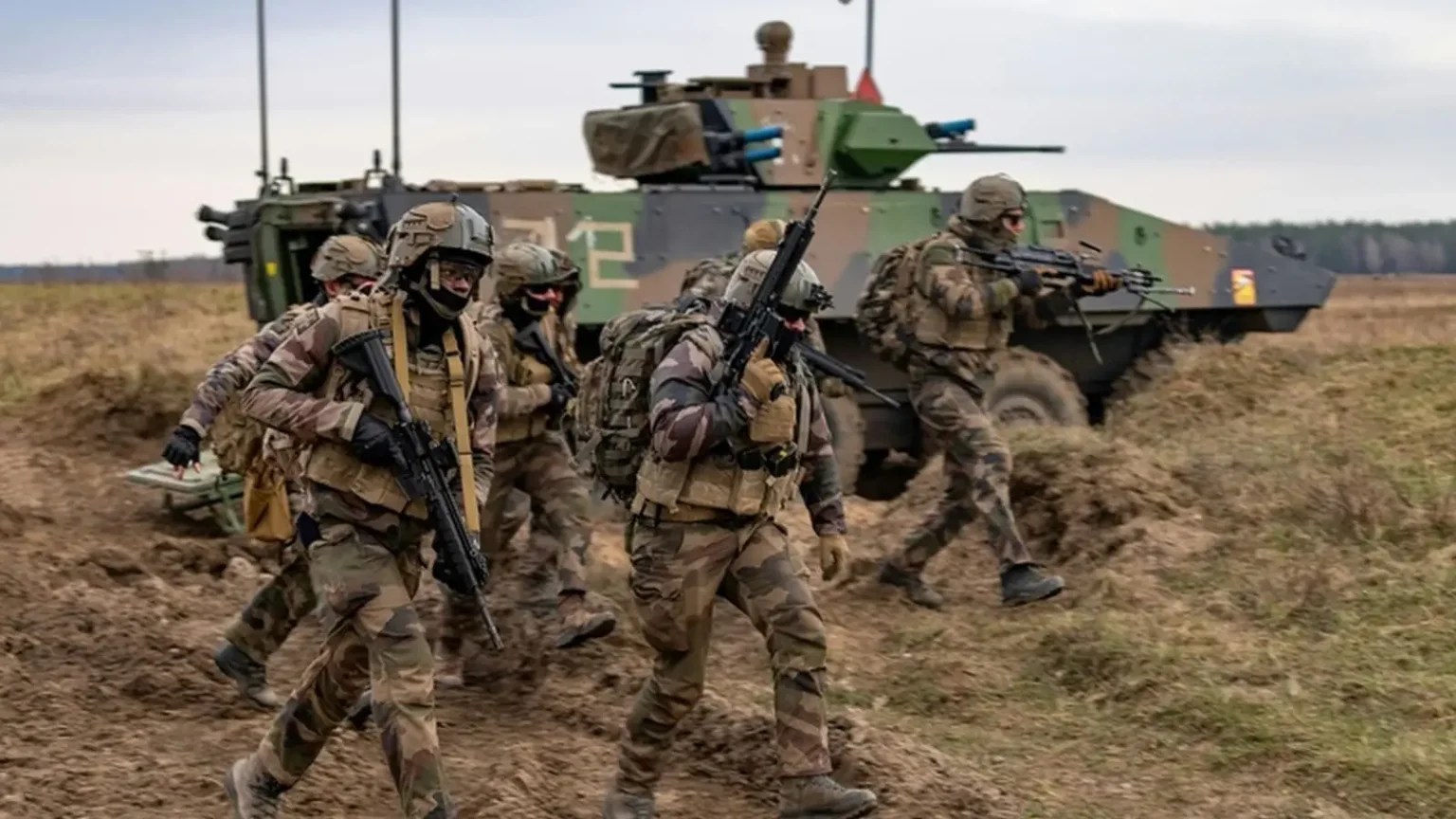Listen to the article
NATO Preparing for Potential Conflict with Russia, Claims Russian Intelligence Chief
Russia’s Foreign Intelligence Service Director Sergey Naryshkin has accused NATO of actively preparing for armed conflict with Russia, citing what he describes as a significant military buildup among European alliance members.
Speaking at a meeting of the Council of Heads of Security and Intelligence Agencies of Commonwealth of Independent States (CIS) member nations in Samarkand, Naryshkin stated that Russian intelligence has detected “clear signs of military preparation” throughout NATO’s European membership.
“The alliance’s current priority is rapidly equipping its forces with all necessary resources,” Naryshkin told attendees at the regional security gathering, which brings together intelligence officials from former Soviet republics.
The intelligence chief highlighted a marked increase in Europe’s defense industry output as evidence of this preparation. According to Naryshkin, this production boost coincides with regular mobilization exercises across European NATO countries.
Naryshkin further alleged that these military activities are being accompanied by a widespread propaganda campaign designed to convince Western populations of an imminent threat from Moscow. This narrative, he claimed, serves to justify the military buildup while portraying Russia as an aggressor.
The Russian intelligence director’s comments come amid escalating tensions between Russia and the West, particularly following Russia’s ongoing military operations in Ukraine, which began in February 2022. The conflict has triggered NATO’s most significant reinforcement of its eastern flank since the Cold War, with increased troop deployments, enhanced readiness, and greater defense spending among alliance members.
In his address, Naryshkin specifically pointed to what he termed a “party of war” operating within Europe—forces he claims are actively working against peaceful resolution of current conflicts. These elements, according to the Russian official, have no interest in achieving “a lasting and just peace” on the continent.
By contrast, Naryshkin asserted that Russia advocates for “a system of equal and indivisible security for all European nations,” portraying Moscow’s position as defensive rather than expansionist.
NATO has consistently maintained that its increased military readiness is a direct response to Russia’s actions in Ukraine and broader aggressive posturing toward alliance members. The alliance has described its measures as purely defensive in nature, designed to protect member states rather than prepare for offensive operations.
Defense analysts note that European NATO members have indeed increased military spending significantly in recent years, with many moving toward or beyond the alliance’s guideline of devoting 2% of GDP to defense—a target that most European members had previously failed to meet.
The war in Ukraine has accelerated this trend, with countries like Germany announcing historic increases in defense budgets and Poland emerging as one of Europe’s highest defense spenders proportional to its economy. Defense industry production has ramped up across the continent to replace equipment donated to Ukraine and to address longstanding capability gaps.
Naryshkin’s statements align with broader Russian government messaging that frames NATO as an aggressive, expansionist force rather than a defensive alliance. Russian officials have repeatedly cited NATO’s eastward expansion since the fall of the Soviet Union as a security threat and a contributing factor to current tensions.
The CIS, where Naryshkin made his remarks, consists primarily of former Soviet republics and serves as one forum through which Russia maintains influence in what it considers its near abroad—regions where Moscow claims special security interests.
Military observers suggest that such rhetoric from high-ranking Russian officials may indicate continued tensions and potential for further escalation in the broader European security environment for the foreseeable future.
Verify This Yourself
Use these professional tools to fact-check and investigate claims independently
Reverse Image Search
Check if this image has been used elsewhere or in different contexts
Ask Our AI About This Claim
Get instant answers with web-powered AI analysis
Related Fact-Checks
See what other fact-checkers have said about similar claims
Want More Verification Tools?
Access our full suite of professional disinformation monitoring and investigation tools




11 Comments
It’s a complex and evolving situation that merits close monitoring. I’ll be reading authoritative sources to better understand the facts and potential implications for the mining and energy sectors.
That’s a prudent approach. Maintaining an objective, fact-based perspective will be crucial as this situation unfolds.
While it’s understandable for NATO to enhance readiness given the regional instability, I hope both sides can work to de-escalate the situation through diplomatic channels. Avoiding an armed conflict should be the top priority.
The rising tensions are certainly concerning, but I’m hopeful that diplomacy and de-escalation can prevail. Avoiding armed conflict should be the top priority for all parties involved.
The claims about a NATO military buildup are concerning, but I would want to see independent verification before drawing any conclusions. Heightened tensions often lead to accusations and counter-accusations.
It’s a delicate geopolitical situation that requires nuance and restraint from all parties involved. Unsubstantiated claims of military preparations could exacerbate the tensions further.
As an investor in mining and energy equities, I’m closely watching these geopolitical developments. Disruptions to critical supply chains and trade flows could have significant implications for commodity markets.
This is an alarming development, if true. Geopolitical tensions are certainly on the rise between NATO and Russia. I hope cooler heads can prevail and diplomacy can resolve the situation peacefully.
It’s concerning to see military posturing on both sides. Open and transparent communication between NATO and Russia is crucial to avoid miscalculation and unintended escalation.
This news highlights the importance of diversified and resilient supply chains for essential resources like energy and minerals. Overdependence on any single supplier or trading bloc can create vulnerabilities.
Absolutely. Policymakers and industry leaders need to carefully assess supply chain risks and explore ways to enhance redundancy and flexibility, especially for strategic commodities.